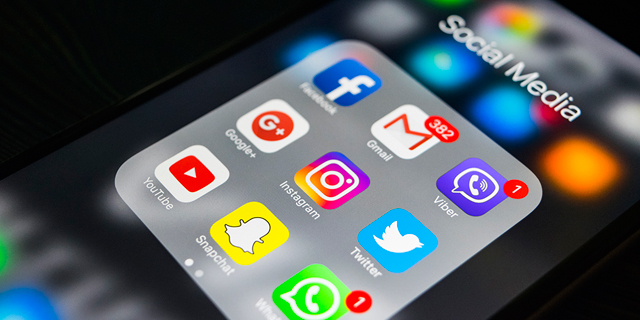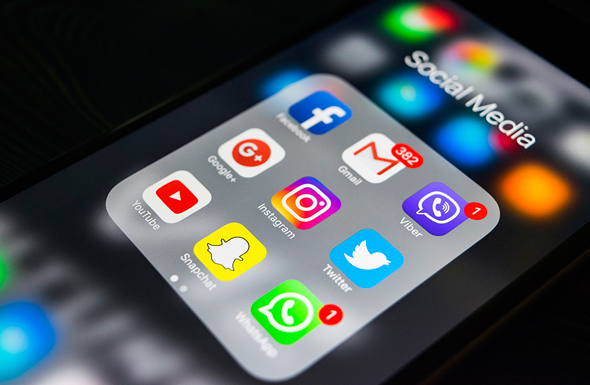
On Target
Coronavirus Shines a Spotlight on Telemedicine
Digital medicine is making strides towards the mainstream as people seek remote healthcare in an effort to avoid hospitals and clinics
When a large crisis rocks society one of the biggest fears from an economic standpoint is the prospect of a bank run. The belief that a bank may cease to function in the near future often results in the masses rushing to withdraw their money and destabilizing the bank.
With the coronavirus (Covid-19) crisis, a so-called doctor run is of a far bigger concern. The fear of hospitals, medical clinics, and pharmacies being overwhelmed by infected patients, preventing medical staff from attending to the sick while at the same time spreading the disease, has been keeping health officials up at night since the outbreak began. This concern also clearly troubles the general public, with people keeping away from clinics and pharmacies, even when they require checkups or treatment. As worrying as this may sound, it does present fertile ground for telemedicine to flourish on. Telemedicine has been talked about for years, but has yet to break through to the mainstream. Startups, venture capital funds, and insurance companies have been talking for years about how hospitalization will be reduced to a minimum in the future, saying that face-to-face checkups will only be done when there is no other choice. The digital medicine field has attracted an estimated third of all investments in health startups over recent years, with an estimated total sum of $2.5 billion to $3 billion. However, the public seemingly remains unconvinced. We may do almost everything through mobile apps these days, yet only 10% of Americans, for example, use telemedicine services. Insurance companies and even regulators have tried to encourage the use of these tools, but users are late to adapt. That is beginning to change now, courtesy of coronavirus. The public understands the need for these tools and is actively seeking them out. The World Health Organization (WHO) and the American Centers for Disease Control and Prevention (CDC) have published official recommendations for the use of telemedicine. The share price of Teladoc Health, Inc., a virtual healthcare company based in the U.S., which provides telehealth, medical opinions, AI and analytics services, jumped over 20% percent over a single month when most other stocks plummeted. "This field was stuck in many aspects, with patients and doctors struggling to get used to the new technology and a different work process and regulators taking their time," Ravit Warsha Dor told Calcalist. She is the former head of innovation at the digital health department of the Israeli Ministry of Health, and currently a partner at Kamet Ventures, the insurtech incubator and investment fund of French investment and asset management firm AXA Group. "Everything used to require long pilots, but now there is an extremely expedited process, with bureaucratic matters being completed within a couple of weeks due to the emergency situation."One of the biggest players in the telemedicine world is British company Babylon Health Servies Ltd., which is known for its AI-based platforms that help diagnose patients’ medical issues. Babylon released a special feature last month, with users being able to enter their symptoms to see if they may have contracted Covid-19. For anyone infected with coronavirus, the app provides remote medical supervision instead of hospitalization. Babylon closed a $550 million funding round last August, valuing the company at more than $2 billion.
Israel's equivalent to Babylon, K Health Inc., raised $48 million in a round just over a month ago. The round brought K Health’s total funding raised to date to around $97 million, according to the company. K Health's application is meant to provide a reliable alternative to Dr. Google, the tendency by many people to seek medical diagnosis via the popular search engine. In K Health's app the users enter their symptoms and receive answers based on big data, in this case, earlier diagnoses provided by doctors at Israeli health maintenance organization Maccabi Healthcare Services over the past 25 years. Recently, a new feature was added in which the user can enter his symptoms and be told the likelihood that he has been infected by coronavirus. K Health’s app currently has 3 million active users in 47 U.S. states, including tens of thousands of paying customers.